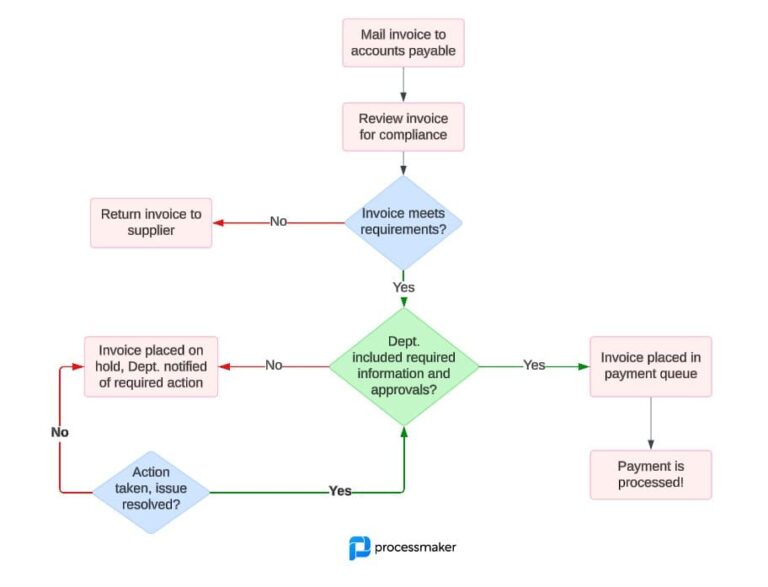Most of us associate the term case management with the social services or legal industries. Yet, an increasing number of financial institutions have implemented case management as more and more banks seek to digitize their processes. To be sure, case management in banking offers a broad array of benefits for financial organizations.
Among other things, case management in banking helps organizations to lower risk, increase operational efficiency, and improve accountholder retention by providing superior and consistent customer experiences.
In this article, we explore what case management in banking is, its potential uses, and how financial services organizations can incorporate case management in their processes.
What is case management in banking?
Case management in banking refers to the practice of implementing technological solutions to increase the efficiency of case-based work in the financial sector. By cases, we are merely referring to an identifiable individual, event, problem, or incident. Within the banking sector, a case could consist of tracking an application for a new account. Or the resolution of a disputed credit card transaction. Or even a support ticket for difficultly logging into online banking.
Effective case management solutions in banking allow organizations to open and track the progress of each case. They also facilitate the sharing of information between stakeholders and increase compliance by capturing and storing relevant information. Through automation, banks significantly increase the efficiency of their processes while boosting accountability.
In contrast, inefficient case management can cause a bank to suffer significant financial losses in the form of lost revenue and regulatory noncompliance. Moreover, inefficiencies can cause irreparable damage to a bank’s reputation, stunted growth, and poor customer retention due to inferior customer service and experiences.
What are the potential uses of case management in banking?
Case management in banking offers organizations the ability to automate many of its business processes. Traditional case management in banking focused on resolving customer-focused issues. Typical cases have included things like fee disputes and customer service complaints. As technology has improved and banks have sought to leverage it, the scope of case management in banking has broadened significantly.
Banks now use case management solutions in more complex decision-making processes. These include things like risk and credit analysis, providing comprehensive technical support, and investing fraud. More complex banking processes like these require case management solutions that offer advanced features and functionality, like an end-to-end banking automation platform.
While most case management in banking processes can be automated, ideal candidates typically share some or all the following characteristics:
- They require tracking for compliance with internal and/or external policies
- They require some level of informed decision making
- They require investigation
More so than in other industries, banks are subject to significant regulatory challenges. This is especially true following the enactment of regulations like Know-Your-Customer and anti-money laundering laws in the aftermath of the global economic crisis. Compliance is dependent on the ability to track. Yet, manually opening and tracking cases is tedious and inefficient. Case management solutions help banks to seamlessly open and track the progress of each case.
More than that, they enable information and documentation to be captured and stored electronically. This eliminates the need to collect paper documentation and manually enter information into one or more systems. Bank employees can readily access information and share it with key stakeholders.
Aiding organizations in making informed decisions is an important function of case management in banking. Poor decision making in the banking industry can be costly in terms of lost revenue, as well as reputational damage. For instance, improperly granting credit can expose a bank to an unacceptable level of risk.
Introducing automation helps organizations to make accurate decisions and to do so quickly. Where further investigation is required, there must be a system in place to resolve open cases quickly. Failing to do so will result in customers moving on to a bank that does not keep them waiting.
Implementing case management in banking
As technology continues to improve and banks expand the scope of their services, we will see an increase in case management applications in banking. Some areas where case management in banking is prevalent and effective today include:
- New account openings
- Wealth management
- Commercial lending
- Fraud mitigation
New account openings
New account openings are among the more tedious and time-consuming banking processes. Manually account opening processes require human intervention to collect information and documentation, as well as input that information into one or more systems. Not only does this increase operational costs and inefficiencies, but it provides customers with a bad first impression.
Case management in banking solutions automate the account opening process. Data is automatically extracted from customer provided documentation. The information is routed to the designated stakeholder. Each application is seamlessly tracked and informed decisions are rendered quickly.
Wealth management
Case management solutions have many important uses in terms of wealth management. First, it provides a seamless on-boarding process for important banking customers. This includes streamlined account set-up, correspondence generation and management, funding, and activation.
Following the on-boarding process, advisors need access to relevant information in real-time. They must be able to provide timely advice, as well as cross-sell and match financial products to customers. For instance, credit decisions must be rendered quickly and accurately.
Commercial lending
Commercial loan decisions lack uniformity and in many ways scalability. Commercial loans are generally reviewed on an ad hoc basis. Processing commercial loans are time consuming. Decisions can be complex and require substantial collaboration among key stakeholders.
Case management in banking solutions are an effective way to streamline many aspects of the commercial lending process. Designing workflows using business process management software ensure that loans are processed smoothly through departmental coordination, communication, and information handling. The due diligence process becomes manageable as manual interactions like verifying customer information are removed.
Fraud mitigation
In 2018 alone, fraud against deposit accounts amounted to some $25 billion. This lofty figure does not include banks’ costs in preventing that fraud. According to some estimates, for every dollar of fraud, banks incur another $3 in costs. As the scope of fraudulent schemes and resulting losses continue to grow, banks need to implement cost-effective fraud mitigation methods.
Case management in banking solutions significantly reduce the time and costs associated with bank fraud. They do this by streamlining the opening, tracking, and resolution of fraud cases. Moreover, business process management software reduces the costs of compliance by automating customer verification, risk calculation, and helps banks to identify suspicious activity.
Getting started with case management in banking
To get started with case management, spend some time evaluating processes with a high potential return on investment. Look for processes that require a significant level of human intervention and decision-making. For instance, underwriting, compliance, data entry, and customer service. Consider starting small with a process that will benefit the organization in terms of time, service, or costs. Once you have implemented case management in that banking process, consider expanding to others.
Download our Whitepaper Banking BPM or view our Bank Workflow Management Solutions




